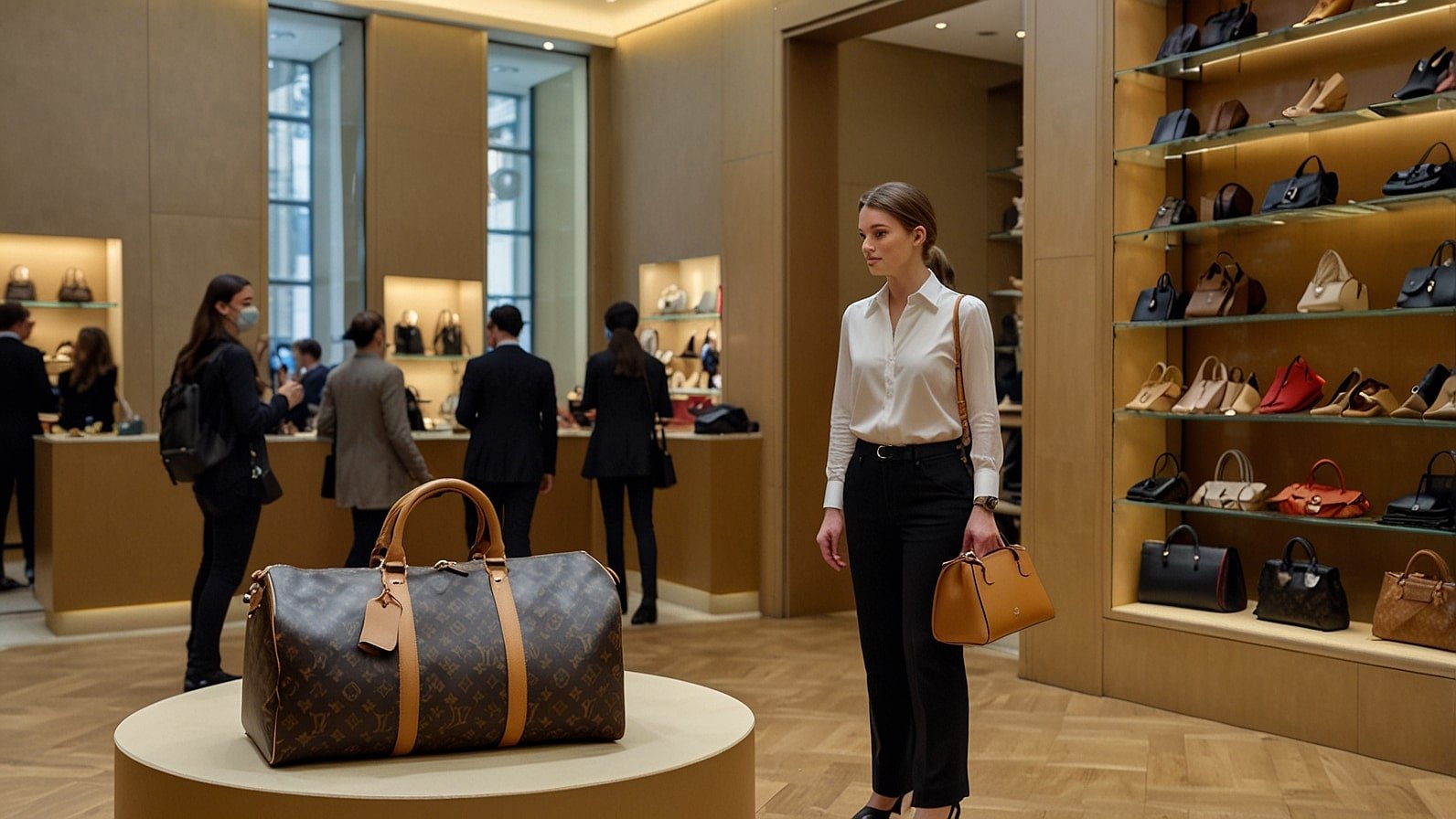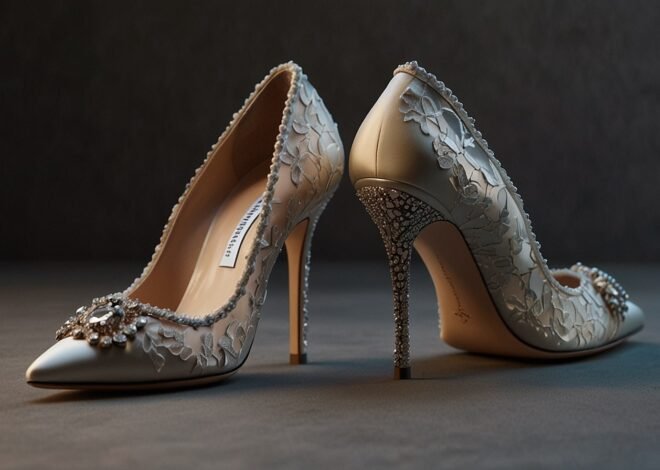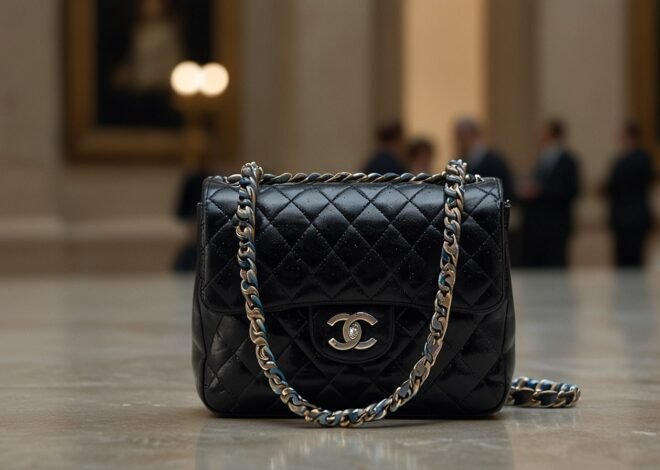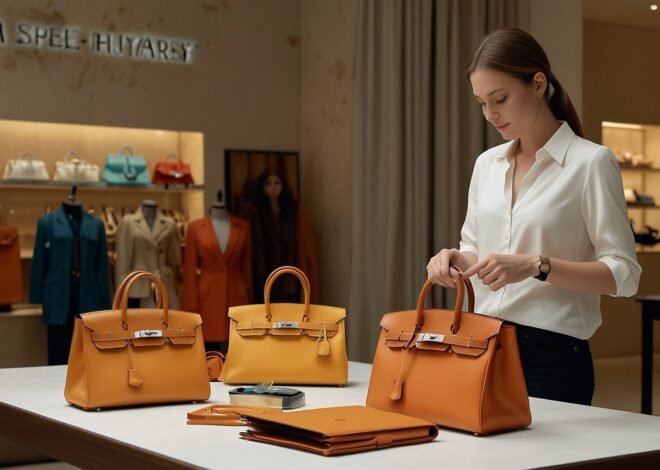
Louis Vuitton Price Surge Drives US Shoppers to Paris in 2025
By August 30, 2025, the impending U.S. tariffs on luxury imported goods have sparked a significant trend among wealthy American citizens, who have begun travelling to Europe to purchase luxury brands such as Louis Vuitton, Dior, and Patek Philippe at reduced prices.
The tariffs, which have raised shopping costs by up to 15 per cent, have made shopping overseas an effective cost-saving option, and the number of luxury shopping vacations has soared.
This change is transforming the luxury market worldwide, and retailers are being affected, as well as consumers are willing to find value in luxury purchases despite economic pressures, such as inflation.
Tariffs Trigger Retail Challenges and Bankruptcies
The new tariffs, which are being reinstigated by the U.S. government under President Donald Trump, have impacted luxury retailers, and some of them are struggling financially. An example worthy of mention is SSense, an online company based in Canada and specialising in the curation of luxury brands, which petitioned to seek bankruptcy protection on August 29, 2025.
The executives of SSense identified tariffs on European items as one of the significant factors, as this would raise the cost of imports and also reduce the profit margins in a very competitive market. The insolvency highlights the implications of trade policy at a larger scale on the luxury industr,y where the brands and retailers have to reevaluate their pricing and supply chains.
Even the French luxury giants such as the LVMH that owns the Louis Vuitton and Dior brands are struggling with the impacts of the tariffs. The extra expenditure on handbags, perfumes and clothes has pushed up the U.S. prices, which has made consumers seek alternative products in other countries.
The tariffs were designed with the intention of supporting domestic industries, but industry analysts point out that the tariffs have instead caused an exodus of shoppers to Europe, where they can enjoy lower base prices and a value-added tax (VAT) refund.
Luxury Shopping Vacations Surge in Popularity
The price increases imposed by the tariff have given rise to a novel trend known as luxury shopping holidays. The travel data show that U.S. travellers to the European fashion capitals (such as Paris, Milan, and Madrid) are scheduled to spend this summer on shopping trips by 48 per cent more than they did in 2024.
These locations offer flagship stores at competitive prices, enabling shoppers to save significantly on VAT refunds, which can range from 10 to 20 per cent, and potentially offset U.S. customs charges. As an illustration, a handbag costing approximately $3,000 in the U.S. could cost around $2,500 in Paris with refunds, making the trip financially attractive.
According to travel advisors, clients are very careful in creating itineraries centred around luxury purchases. A family may choose to combine the cultural trip to Italy with the tour of Gucci and Prada stores in Milan to win the bargain not to be found at home. The trend is carried to Switzerland, whereby the tariffs on watches stand at 39 per cent.
Collectors, such as American buyers of brands like Patek Philippe, are even travelling to countries like the U.S. to purchase watches like the Nautilus. Some independent watchmakers have stopped selling to the U.S. as an incentive to buy their watches directly. These excursions are a mix of recreation and strategic shopping, as consumers consider luxury products an investment in economically uncertain times.
Luxury Brands Feel the Pinch
The tariffs especially affect French brands. Louis Vuitton, with its famous monogrammed luggage, and Dior, with its coveted fragrances and ready-to-wear collections, are not immune to the problems of increasing prices in the U.S. LVMH and rival Kering have recorded shrinking sales in some of their segments. In contrast, Richemont, which owns Cartier, enjoys a diversified portfolio.
Swiss brands, such as Patek Philippe, have witnessed a rising number of American consumers who make shopping part of their travel experience, e.g., skiing in the Alps, to escape high prices. The larger luxury market is also closely monitoring it, including high-end car manufacturers such as Ferrari, as tariffs are also imposed on luxury vehicles.
Conversations on platforms like the Modern Retail Podcast reveal that even affluent customers are seeking deals, with analysts noting a solid brand loyalty that remains intact but an increasing focus on value. Inflation and tariffs are changing how people spend their money, as highlighted in the podcast, which is driving shoppers toward the low prices of Europe.
Future Implications for Luxury Retail
In the future, luxury brands can consider localised manufacturing or more enriching shopping experiences in the U.S. to keep most of their customers. European tourism is now enjoying the rewards; however, airlines and hotels are reporting higher bookings in relation to shopping tourism.
Researchers fear that the unintended consequences on world trade may lead to more bankruptcies among retailers and suggest that policymakers need to consider the long-term implications of the implemented policy.
The luxury spending spurt is projected to climb as the holiday approaches, transforming the American consumer behaviour when it comes to high-end brands. This pattern reflects how trade policies, consumer behaviour, and global trade are interacting, and that in 2025, Europe is a destination of deal-seeking luxury consumers.


